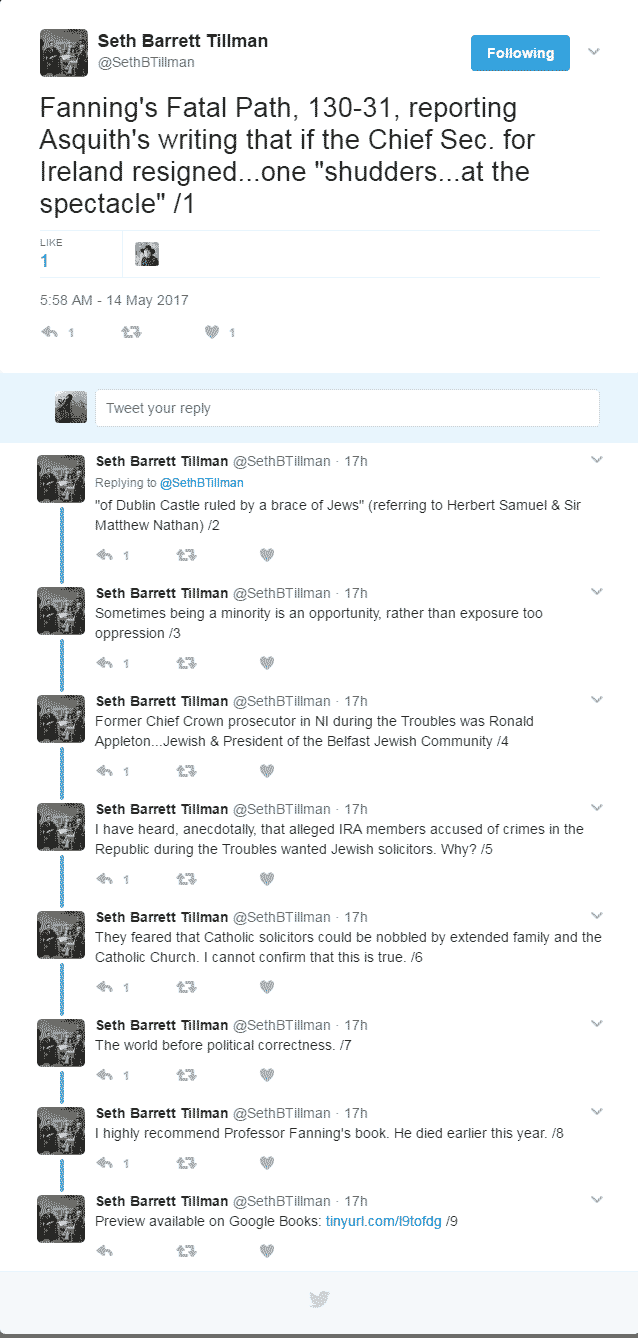(Source)

Some Chicago Boyz know each other from student days at the University of Chicago. Others are Chicago boys in spirit. The blog name is also intended as a good-humored gesture of admiration for distinguished Chicago School economists and fellow travelers.
I wrote and published this 8-page short story–Purim & My Bangladeshi Friend–a little while back. As I said, today is Purim, and it’s Purim again in a month. So my short story is, I think, once again, timely, and sadly, once again, all too relevant to life in our shared West, in our shared modernity.
Seth’s story is here.
(Today’s post is a rerun because Lex wrote a post about Seth’s story a couple of years ago. Lex’s post is still worth reading.)
Thoughts on Church and State–in Christianity, Judaism, and Islam–at Grim’s Hall
A professor argues that the epidemic of hysterical rage in the face of dissenting opinions, now sweeping America’s campuses, is a consequence of cutting out the teaching of logic and rhetoric
Related: the age of mass delusion (via Bookworm)